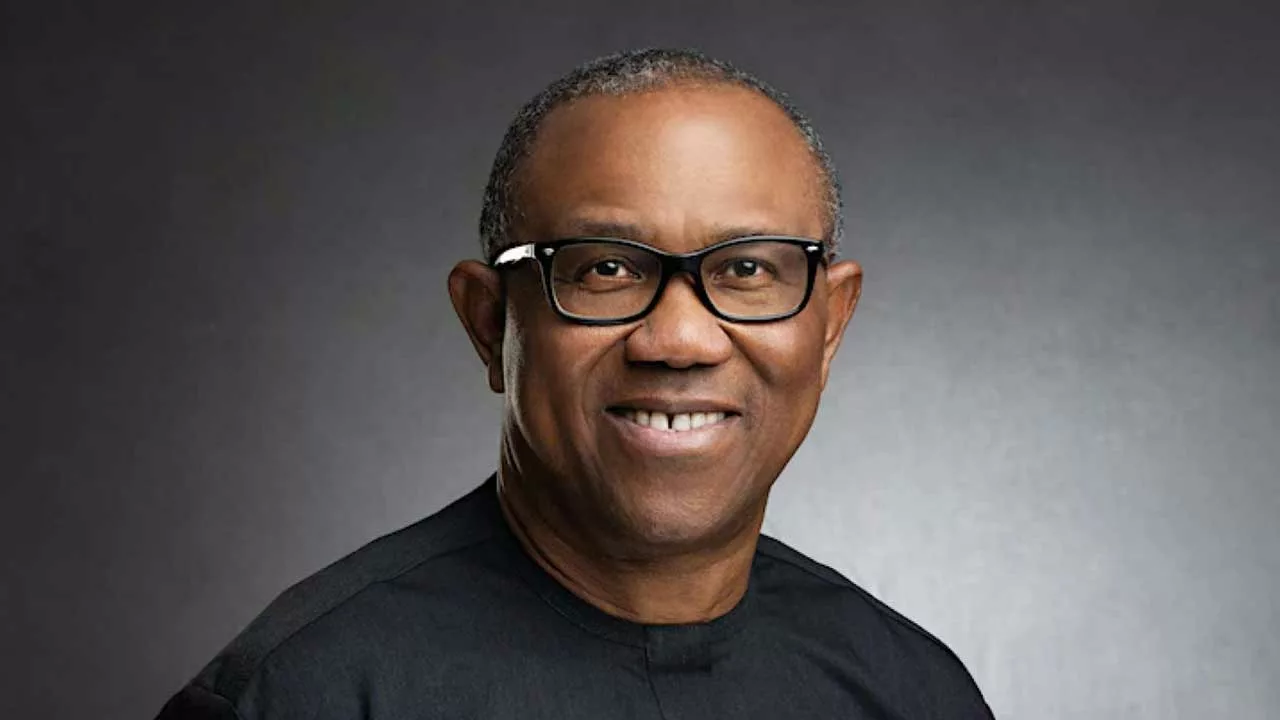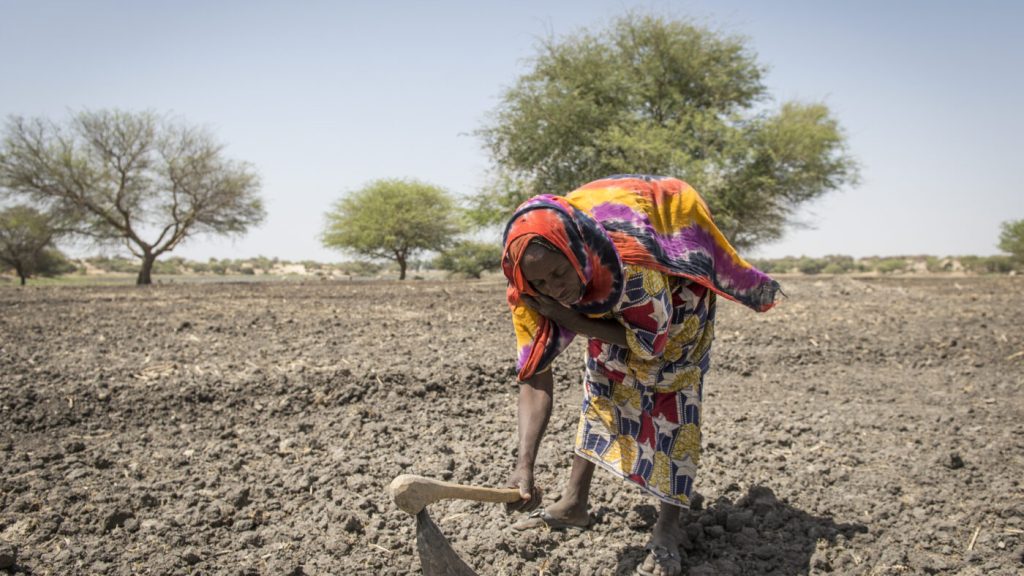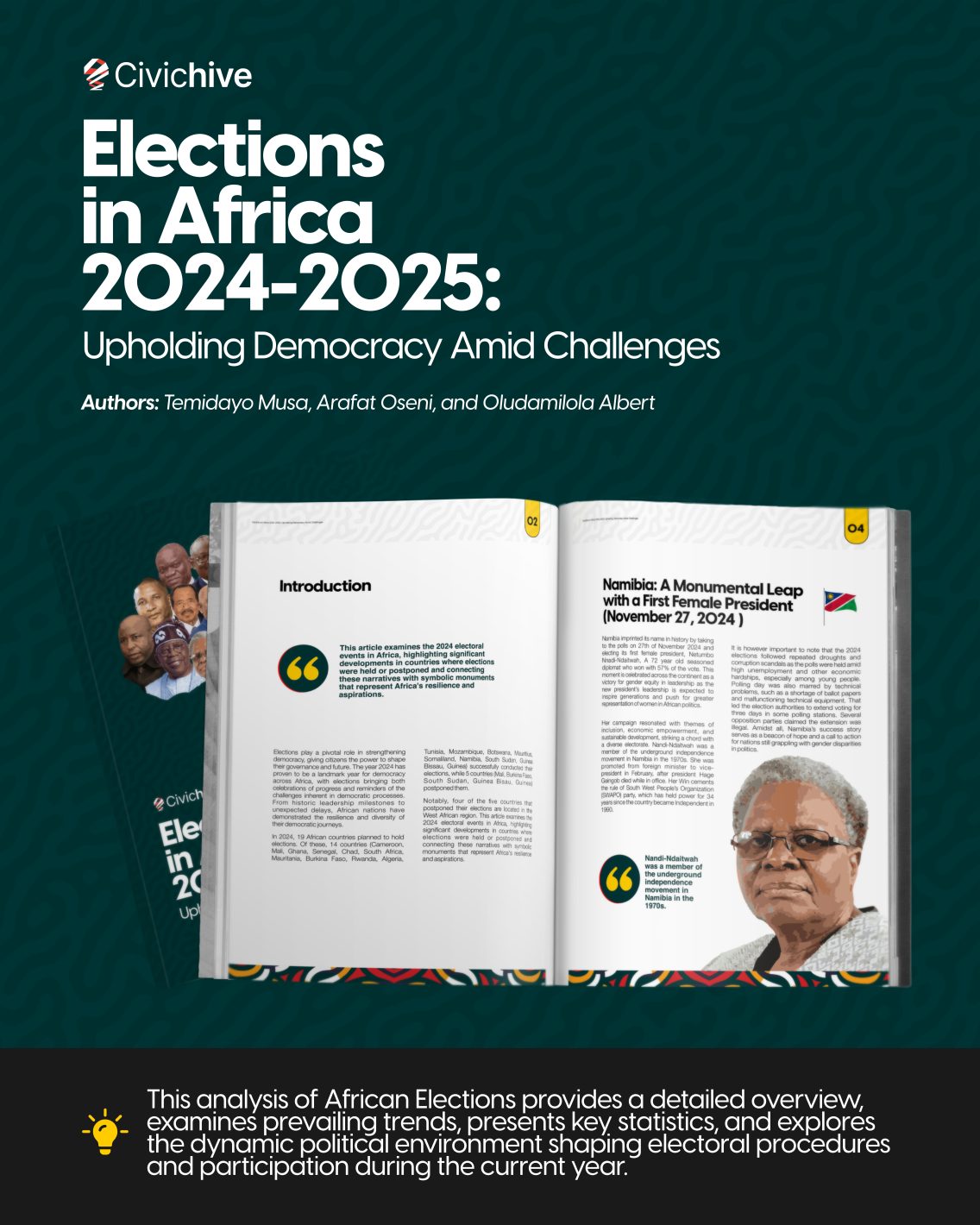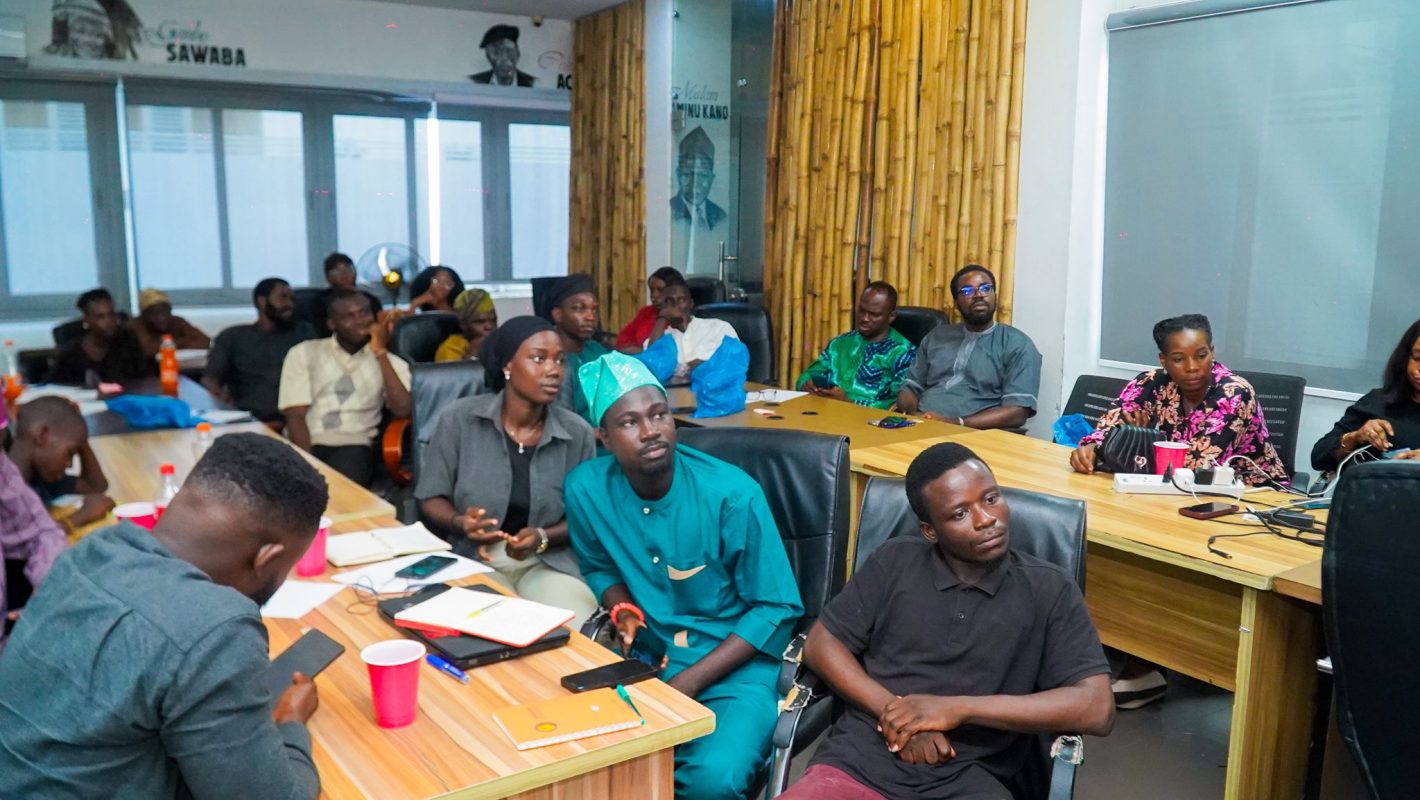Nigerians will go to the general polls on February 25, 2023, to elect their president. Bola Tinubu of the All Progressives Congress (APC), Atiku Abubakar of the Peoples Democratic Party (PDP) and Peter Obi of the Labour Party (LP) are the frontline candidates contesting to clinch the top position, but is climate change in Nigeria the top of their agendas?
The country has the largest proven gas reserves in Africa and the ninth largest in the world (as of 2018), with 5,675 billion cubic metres of gas, while the country’s proven oil reserves are 36,972 million barrels of natural gas equivalent. In addition, Nigeria accounts for 2.7 % of the global proven reserves of gas, according to the Organization of the Petroleum Exporting Countries (OPEC).
In terms of production, Nigeria produced 1.7 trillion cubic feet of natural gas (excluding gas flared or recycled) in 2018. Nigeria is the seventh-largest gas flaring country globally, according to the World Bank’s 2020 Global Gas Flaring Tracker. The country is surpassed only by Russia, Iraq, Iran, the United States, Algeria and Venezuela.
In the build-up to COP27, the country launched its energy transition plan (ETP) as one of its major approaches to reducing emissions, tackling poverty, addressing climate change in Nigeria and building a more sustainable economy. At COP27, President Muhammadu Buhari made more commitments, on behalf of Nigeria, to tackle the global climate crisis. The president also urged world leaders to stop the blame game and avoid delays in implementing efforts to tackle climate change.
As the election draws closer, active citizens and civil society organizations have raised concerns that climate change and energy transition is not a prominent issue for the presidential election campaign. Gas Outlook dug deep into the manifestoes of each of the frontline presidential candidates to analyse their plans to drive energy transition in the country. However, we discover that climate change and energy transition are not the key issues of their campaigns.
Climate change in Nigeria
In a nod to climate change in Nigeria, in their manifestoes the three frontline presidential candidates agreed that the oil and gas sector had triggered environmental pollution in Nigeria. They all acknowledge the need to use solar energy as an alternative to generate and distribute power across the country. The presidential candidates also agreed to tackle Nigeria’s gas flaring.
However, analyses of their manifestos indicate that the candidates plan to develop and strengthen regulatory frameworks to utilize the potential of natural gas and engage in gas infrastructure development projects.
Bola Tinubu
 Bola Tinubu, the presidential candidate of the ruling party, All Progressives Congress (APC), believes that oil and gas remains an important industry, vital to the country’s short-term economic survival and longer-term prosperity and buoyancy.
Bola Tinubu, the presidential candidate of the ruling party, All Progressives Congress (APC), believes that oil and gas remains an important industry, vital to the country’s short-term economic survival and longer-term prosperity and buoyancy.
The former Governor of Lagos State noted the oil and gas sector had triggered severe environmental damage at the Niger Delta.
His manifesto emphasizes the need to take cognizance of global trends as western nations gradually turn away from fossil fuel use and imports. He said this was already placing downward pressure on Nigeria’s export numbers which at some point in the near future will likely produce further downward pressure on prices and revenues.
“Despite the improvement in the capture and export of gas, Nigeria still flares too much gas causing continued environmental and public health harm. We need to remove Nigeria from the list of the top 10 gas flares so that we reduce pollution while increasing revenues,” he said.
The APC candidate wants to accelerate the implementation of the Nigeria Gas Master Plan and fully develop and modernize Nigeria’s regulatory framework for natural gas production to realize the potential of the gas industry in a world that seeks cleaner sources of energy.
He further hopes to complete critical gas infrastructure projects embarked upon by the current administration, including pipeline infrastructure like the Obiafu-Obrikom-Oben pipeline (OB3), Trans Nigeria Gas Pipeline, Escravos Lagos pipeline system (ELPS) II, Ajaokuta-Kaduna-Kano (AKK) pipeline and the seven key gas development projects.
Abubakar Atiku
 Atiku Abubakar, the presidential candidate of the main opposition party, Peoples Democratic Party (PDP), plan to pay special attention to the global energy transition.
Atiku Abubakar, the presidential candidate of the main opposition party, Peoples Democratic Party (PDP), plan to pay special attention to the global energy transition.
According to the former Vice President, as the energy transition gains traction, it will have a far-reaching impact on the extractive industries and the global economy. He believes it will expose producer countries, including Nigeria, to new risks and opportunities, requiring policymakers to make important decisions about managing the country’s natural resource wealth.
Regarding the oil and gas sector, his policy objectives are to substantially expand domestic gas production to meet power generation and industrial demand and incentivize industrial producers to increase their gas consumption in the production process.
He also intends to ensure efficient management of revenue flows from the oil and gas sector by ensuring transparency and accountability in the operation of all private and public institutions operating in the sector.
In addition, he plans to strengthen the regulatory framework to create a functional, fair, and transparent upstream and downstream oil and gas market and to stir competition that will eventually improve efficiency and breed a higher quality of service.
Specific to the oil and gas policies for his administration, he intends to incentivize investors to tap the unexploited resources in the mature Niger Delta Basin and develop far-flung assets.
Additionally, he plans to promote gas-power sector and gas-industry linkages. “There is a dire need for more linkages between the Gas and Power sector and between the Gas and Industrial sector. Policy direction will strengthen the provision of gas assets for both power and manufacturing sector consumption.
“This implies that we shall revisit the last government policy of unending pipeline-to-power plant construction,” he said.
Peter Obi
 Peter Obi, the presidential candidate of the Labour Party, promises to ensure that the federal government offer meaningful incentives to corporate entities and industries that make discernible efforts to transition to clean and alternative energy, not only for local consumption but also for export.
Peter Obi, the presidential candidate of the Labour Party, promises to ensure that the federal government offer meaningful incentives to corporate entities and industries that make discernible efforts to transition to clean and alternative energy, not only for local consumption but also for export.
He said his administration’s priority is preserving Nigeria’s environmental integrity, using a ‘carrot-and-stick’ approach to ensure that industrial production and oil production do not damage our environment and livelihood systems.
Obi promised to launch a solar power revolution across Nigeria, particularly northern Nigeria, to ensure that all cities and industrial parks in the region have uninterrupted power by the end of 2024.
The former governor of Anambra State said he will release the gas assets of Nigeria to provide power. “Around 4.9 billion standard cubic feet (scf) of gas per annum is contracted between gas suppliers and generating companies, with just about a third of this being delivered. Yet, the country’s already installed power generation capacity would require gas supply of up to 7 billion scf per annum to adequately power them.”
Obi also intends to fast-track the Nigerian Gas Flare Commercialisation Programme (NGFCP) to secure gas being lost through flaring, increase the gas utilization rate through a coherent gas-to-power drive and development of new gas-to-power infrastructure through fiscal incentives.
Gas Outlook spoke with experts who emphasized the need for each candidate to walk the talk when they assume office. The experts both identified finance as one of the most important ways to make their promises reality.
Oghosa Erhahon, a lawyer and energy advisor, noted that manifesto promises are always rather ambitious. “I’m daring to meet a candidate that highlights the energy needs of the country and specifically identifies how to build solutions around existing loopholes: but where is the fun in status quo,” she said.
The “usual answer to this talk-to-action question is usually finance and access to funding. Which it is; finance helps put your mouth where the money is. But another is accountability; talk and actions have come and gone in the past, and we’d be failing generations ahead if accountability isn’t at the forefront of oncoming or extended energy projects,” the lawyer added.
Chigozie Nweke-Eze, the CEO of Integrated Africa Power, said the promises are good on the surface but there is a need for real experts to guide on the intricacies of getting the projects done. He also noted they need to focus on telling electorates how they are going to do what they have promised. “It’s not something you just do with your eyes closed. There are so many things involved: finance, governance, cross skills linkages with communities and so many other things.”
He said to achieve these promises, it requires preparation and good planning. “Nigeria as a country should prioritize energy access wherever they can achieve it with renewable energy – that is the best.” Also it should stop “wastage of different gas flaring in distribution.”
The energy expert identified finance as one of the hindrances preventing Nigeria from developing infrastructure. “And we are relying on finance not just from government, private sector and also from international communities. If international community/investors are interested in investing in renewable energy projects that is great. You point them where they can come bringing their finance.”
Originally posted by Gas Outlook
Featured Image Credit: Photo: WFP/Giulio d’Adamo



